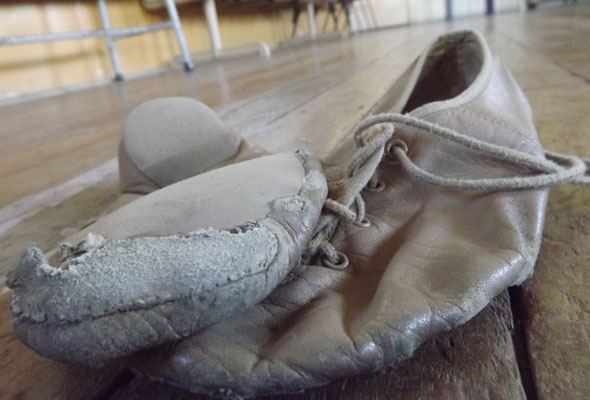
More steps needed for dance studio funding
Despite having Olympic sport status for 13 years Dancesport has never been included in an Olympic Games and it has struggled with funding and recognition.
Despite having Olympic sport status for 13 years Ballroom dancing (aka Dancesport) has never been included in an Olympic Games and it has struggled with funding and recognition in both local and national communities.
Following the 2012 London Olympics there have been a large number of issues that have been raised surrounding Australian sports and athletes. One such issue is the concern of funding to sporting teams; from local clubs to national teams.
In 2012, the Australian Government spent $52 million to focus on high-performance programs for Olympic sport ahead of the London Olympics.
As part of the focus on high performance any athlete that received a gold medal at the London Games was awarded incentives of up to $20,000 from one of the Australian Olympic Councils major sponsors, Adidas.
The Australian Olympic Council also fund International Competitions grants of $2,500 for any athlete or official who have qualified or are likely to qualify for the Australian Olympic team.
Ballroom dancing, also known as Dancesport, was officially recognized by the International Olympic Committee in 1997.
But it is yet to be included as an official event at any Olympic Games competition. Despite the recognition as an Olympic sport athletes have been unable to qualify for such funding as they have yet been unable to compete at an Olympic Games.
Representative ballroom dancer, Justine Knight said, “It’s a real blow for the sport, being recognized as an Olympic sport was huge step up for Dancesport, but since then nothing in the sport has really changed. Like many other non-Olympic sports, we’re struggling to stay afloat.”
There are many other sports, not officially recognized by the Australian Olympic Council, that are also struggling to stay alive financially.
Dancetime Studio is a dance studio situated in Ipswich and has been operating for over 20 years. Principal Mandy Ogilvie said that the studio consists of approximately 100 students and it has produced dancers who have travelled within Australia and internationally to compete and win gold medals for Australia.
Since opening two decades ago, the studio has received a just $300 worth of grants from their local council and it has struggled to obtain sponsors and any other grants from the community.
“We survive on the money the parents pay for classes,” said Ms Ogilvie, “it’s tough, but it pays the bills and at least the kids still get to compete.”
Member of the Commonwealth Society for Teachers of Dancing, Helen Twist, blames the difficulty to gain funding for dance studios on their lack of recognition by the Olympic and other local councils.
While some studios fall under the ‘Arts’ category, most small dance studios are under no classification.
Despite the physical nature of dance it is a battle to for the hobby to be named under a ‘sporting’ category.
“Dance studios, and in particular dance studios in smaller communities would benefit largely from the inclusion of Dance in the Olympics games. It looks like a long shot from here, but maybe one day.”
